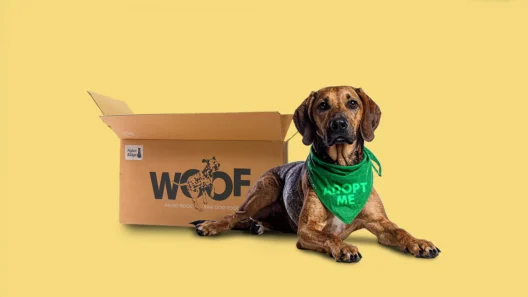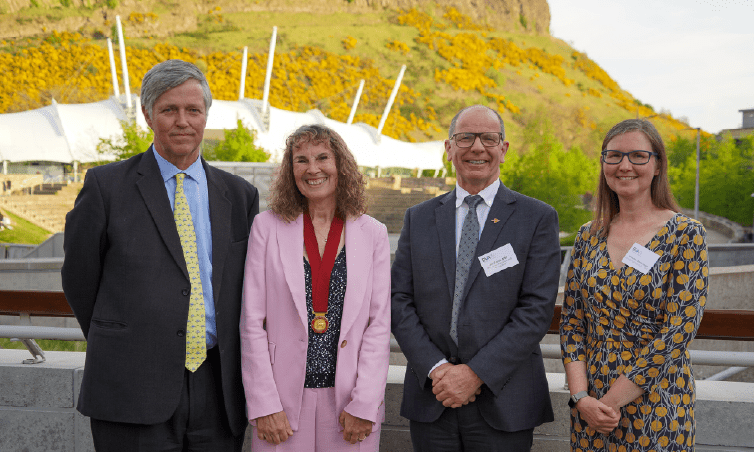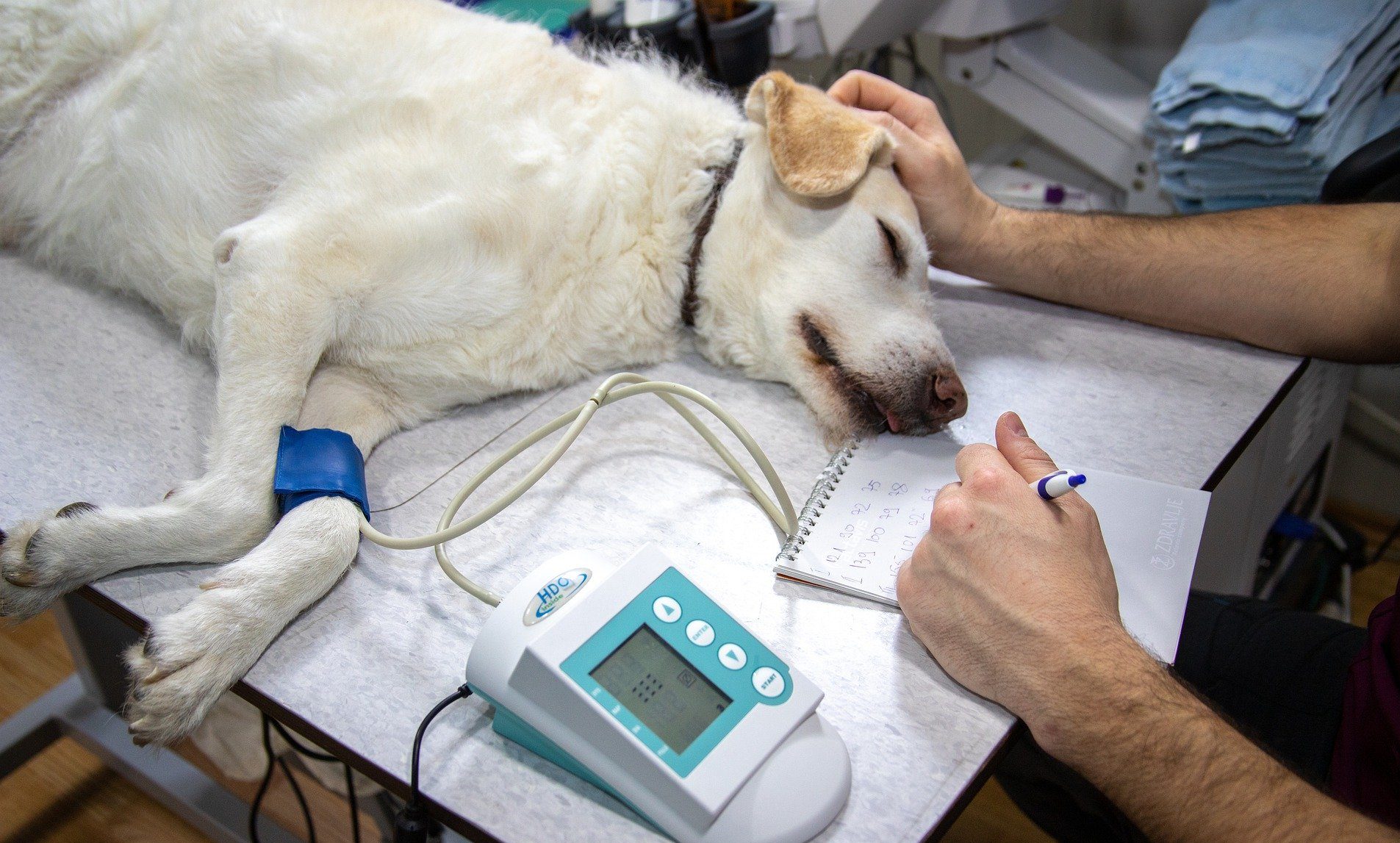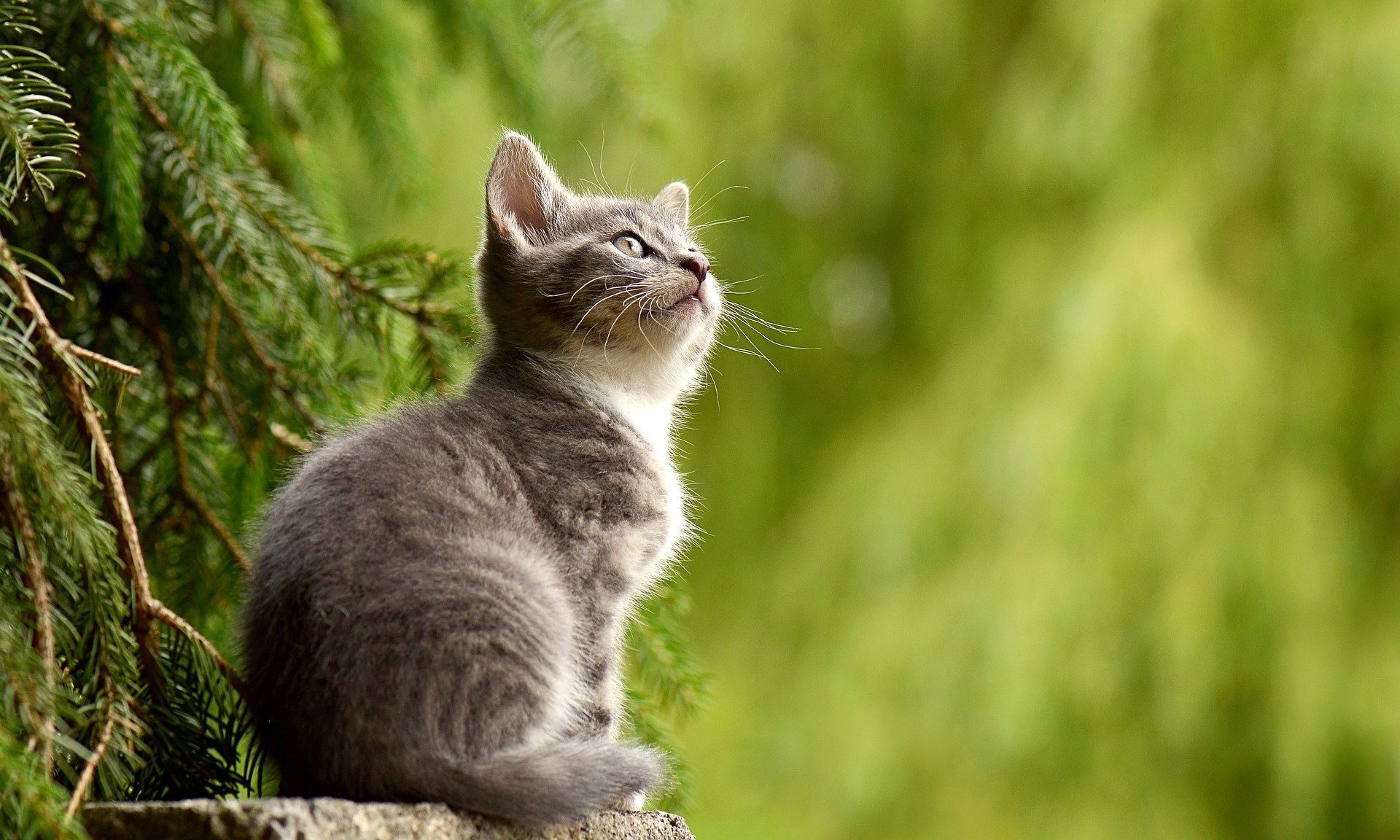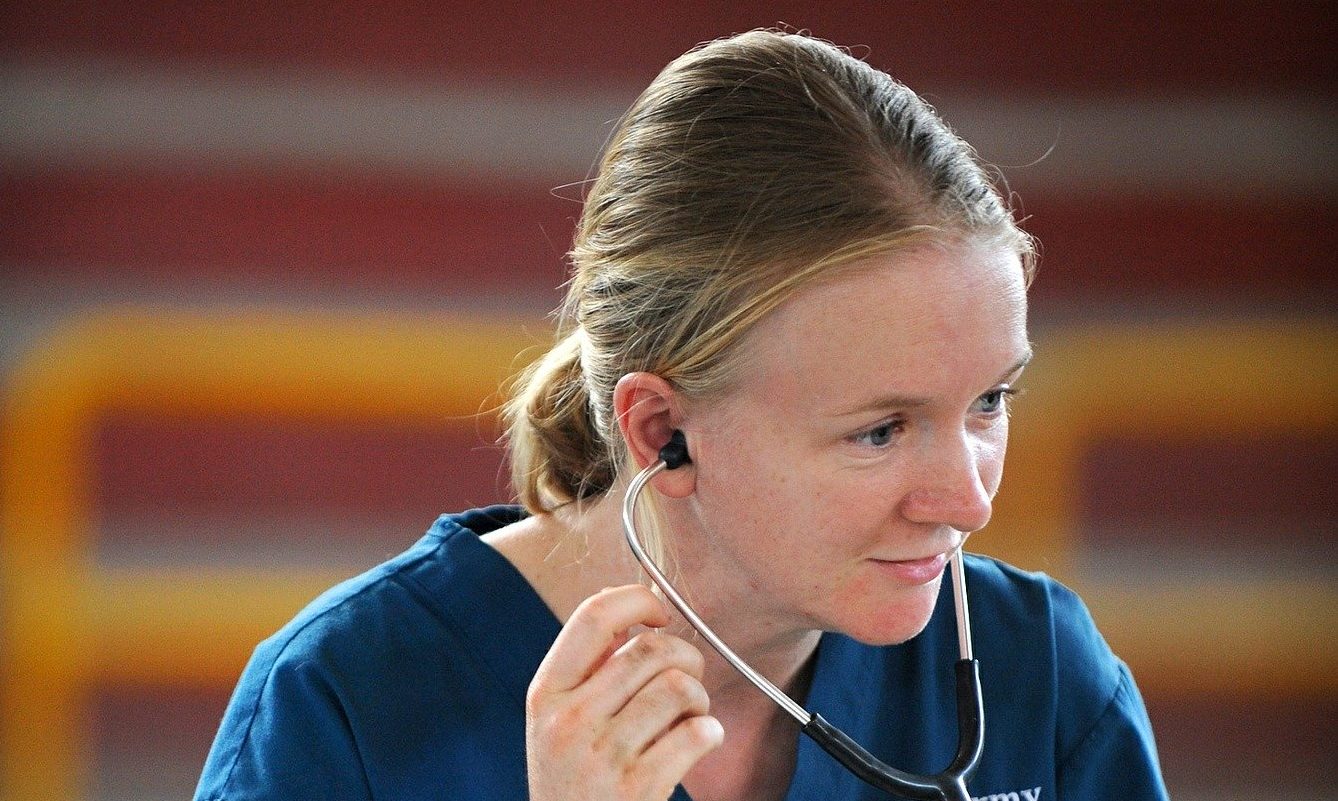Register to get 2 free articles
Reveal the article below by registering for our email newsletter.
Want unlimited access? View Plans
Already have an account? Sign in
Perthshire-based vet Vivienne Mackinnon has been named British Veterinary Association (BVA) Scottish Branch president following its annual general meeting.
Mackinnon takes over from Gareth Hateley, who steps into the role of BVA Scottish Branch senior vice president.
She brings to the role more than 30 years of experience, spanning roles in mixed and small animal practice, government veterinary services, disease surveillance, and veterinary education.
After graduating from the Royal (Dick) School of Veterinary Studies at the University of Edinburgh in 1995, she worked in mixed and small animal practice in Scotland, England, New Zealand and Australia, before joining the Animal and Plant Health Agency (APHA) to work in frontline disease control and animal welfare in Scotland.
In her 17 years at APHA, in roles including veterinary officer and then veterinary lead, she worked on notifiable diseases including bovine TB and avian influenza outbreaks, zoonoses, and the welfare of farmed animals.
In 2022, she took on the role of director of Veterinary Partnerships at Scotland’s Rural College’s (SRUC) new School of Veterinary Medicine, where she currently leads on developing partnerships with practices and animal related industries to support veterinary education.
Mackinnon has been an active member of the BVA Scottish Branch since 2017. She is also a director of Vet Trust, a charity which funds CPD for vets and vet nurses.
She said: “It’s a privilege to represent Scottish members across all sectors and stages of their careers. Since graduating nearly 30 years ago, I’ve seen first-hand the huge changes in the veterinary profession, as well as the challenges facing the veterinary and farming sectors in Scotland today, from recruitment and retention issues to threats from avian influenza and bluetongue.
“Veterinary education needs to be properly supported and funded. Vets are a vital part of Scotland’s economy, and the current shortage of vets compromises this and animal welfare. We need to remove the financial barriers for universities and students to enable more homegrown talent to enter the profession. I look forward to working with colleagues across the veterinary professions to improve animal health and welfare in the country and support veterinary workplaces.”
Dr Elizabeth Mullineaux, BVA president, added: “We are really pleased with the progress taking place in the Scottish Parliament with two key bills: The Welfare of Dogs Act and The Dog Theft Bill. While these two bills will go a long way towards ensuring the welfare of dogs, there are other issues that we would like to be considered, including a ban on aversive training methods such as shock collars. With next year’s [Scottish parliamentary] election on the horizon, this will be a key piece of animal welfare legislation that we would urge you to include in your respective manifestos to ensure animal health and welfare continues to be at the forefront of Scottish politics.”
On the ongoing CMA investigation, Mullineaux said: “Although the CMA investigation is focussed on household pets, it is really likely that it will impact on all types of veterinary practice, including large animal and mixed species practices such as those found particularly in the rural areas of Scotland.
“We need to ensure the consequences of the investigation are understood beyond small animal practices and we continue to warn the CMA of the possibility of unforeseen impacts on the viability of remote rural practices in particular if its remedies are not carefully considered. We do, however, recognise the need for change, and we are extremely proud of the veterinary profession’s response to the investigation as we have remained open and willing to engage with the process, playing our part in supporting a well-functioning veterinary market.”



